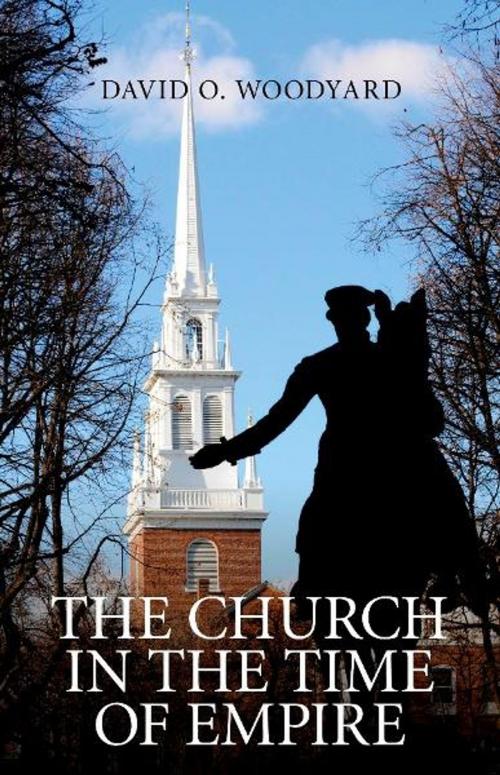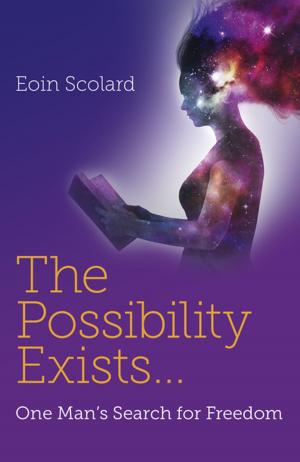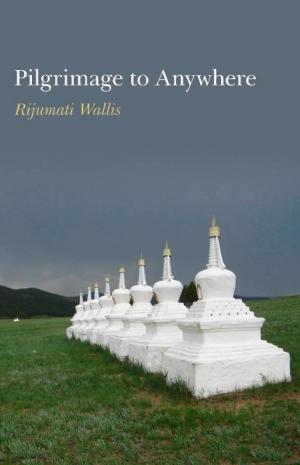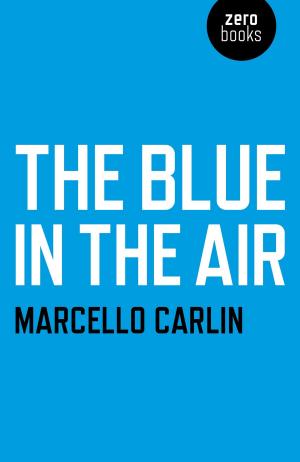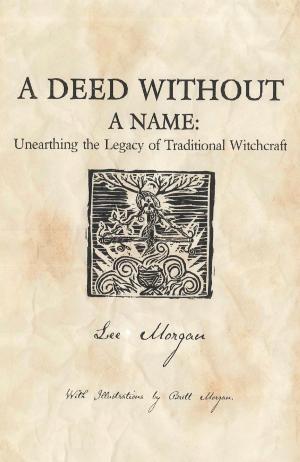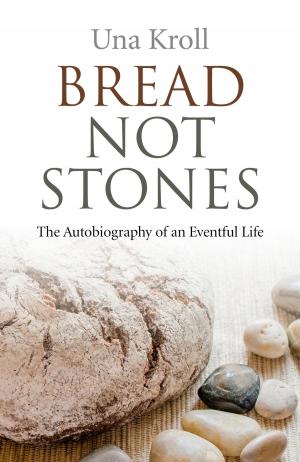The Church in the Time of Empire
Nonfiction, Religion & Spirituality, Christianity, General Christianity| Author: | David Woodyard | ISBN: | 9781780992105 |
| Publisher: | John Hunt Publishing | Publication: | December 16, 2011 |
| Imprint: | John Hunt Publishing | Language: | English |
| Author: | David Woodyard |
| ISBN: | 9781780992105 |
| Publisher: | John Hunt Publishing |
| Publication: | December 16, 2011 |
| Imprint: | John Hunt Publishing |
| Language: | English |
Literature abounds on the nature of empire and the ways in which America embodies it. As a nation, we have rigorously attempted to define the reality in which other peoples live. One could think of empire as jurisdiction without boundaries. As the nation that ‘got right’, we have an obligation to impose our social, political, and economic orders on other nations. Several decades of ‘perpetual wars’ document that. Unfortunately, religious legitimation is prominent and persistent. We designate ourselves as the biblical ‘city on a hill’, an ‘indispensible nation’, and even ‘God's chosen people’. This echoes in the declaration of President George W. Bush that, ‘God wanted me to bomb Iraq’. What is missing in the literature is centering the issue in the life and mission of the church. Has the church been a co-conspirator in the authorization of the American empire? Has the church an obligation to terminate the symbol-lending that anoints empire with holy water? Is scripture a warrant for seeing the biblical people as a community of perpetual resistance? Can the sacraments be instrumental in establishing opposition to empire? Can the church be Rome in reverse?
Literature abounds on the nature of empire and the ways in which America embodies it. As a nation, we have rigorously attempted to define the reality in which other peoples live. One could think of empire as jurisdiction without boundaries. As the nation that ‘got right’, we have an obligation to impose our social, political, and economic orders on other nations. Several decades of ‘perpetual wars’ document that. Unfortunately, religious legitimation is prominent and persistent. We designate ourselves as the biblical ‘city on a hill’, an ‘indispensible nation’, and even ‘God's chosen people’. This echoes in the declaration of President George W. Bush that, ‘God wanted me to bomb Iraq’. What is missing in the literature is centering the issue in the life and mission of the church. Has the church been a co-conspirator in the authorization of the American empire? Has the church an obligation to terminate the symbol-lending that anoints empire with holy water? Is scripture a warrant for seeing the biblical people as a community of perpetual resistance? Can the sacraments be instrumental in establishing opposition to empire? Can the church be Rome in reverse?
